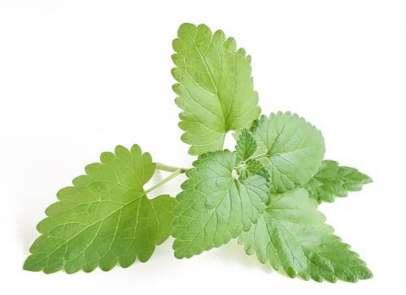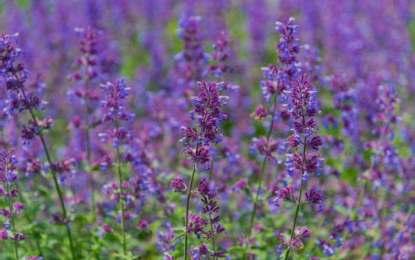Catnip is a strong-smelling herb and belongs to the mint family, has oval-toothed, dark green leaves and pretty flowering tops which pollinators love. A very easy plant to grow that is an attractive addition to your garden and has long been thought to have medicinal properties. Its dried leaves and flowers are traditionally used in a tea for this purpose to treat conditions like insomnia, anxiety, and headaches. In some cases, the roots of catnip can be used however, these act as a stimulant instead of a relaxing agent.
Catnip Tea
Mix 2 teaspoons of dried catnip leaves or flowers with 1 cup of boiling water. Add lemon juice and honey, stir, and let cool for several minutes. Many people prefer a steeping time of about 10 to 15 minutes producing a woodsy, almost grassy taste. The longer it sits with lemon in it, the more you’ll taste the natural underlying minty, citrus flavor. Some people prefer drinking the tea immediately after cooling.
Uses:
- Catnip tea is most commonly used to treat nervousness and anxiety, indigestion, insomnia and has anti-inflammatory properties.
- It has historically been used to treat issues like arthritis, coughs, hives, fevers and viruses and is a diaphoretic which can induce perspiration, without increasing body temperature during a fever which, in turn, helps to fight, eliminate and detox the source of the fever.
- Catnip tea’s biggest health benefit is the calming effect that it can have on the body as it contains nepetalactone, which is similar to the valepotriates found in a commonly used herbal sedative, valerian. This can improve relaxation, which may boost mood and reduce anxiety, restlessness, and nervousness.
- The tea can also be used as a bug repellent and bite healer by putting the tea in a spray bottle.
Of course, catnip can also be used in tinctures, be dried and/or powdered.
Like all things used on the body and medicinally, self-research is fully recommended and the decision to use is ultimately up to you.
** DO NOT USE IF PREGNANT **
(as it can induce menstrual flow and miscarriage)


